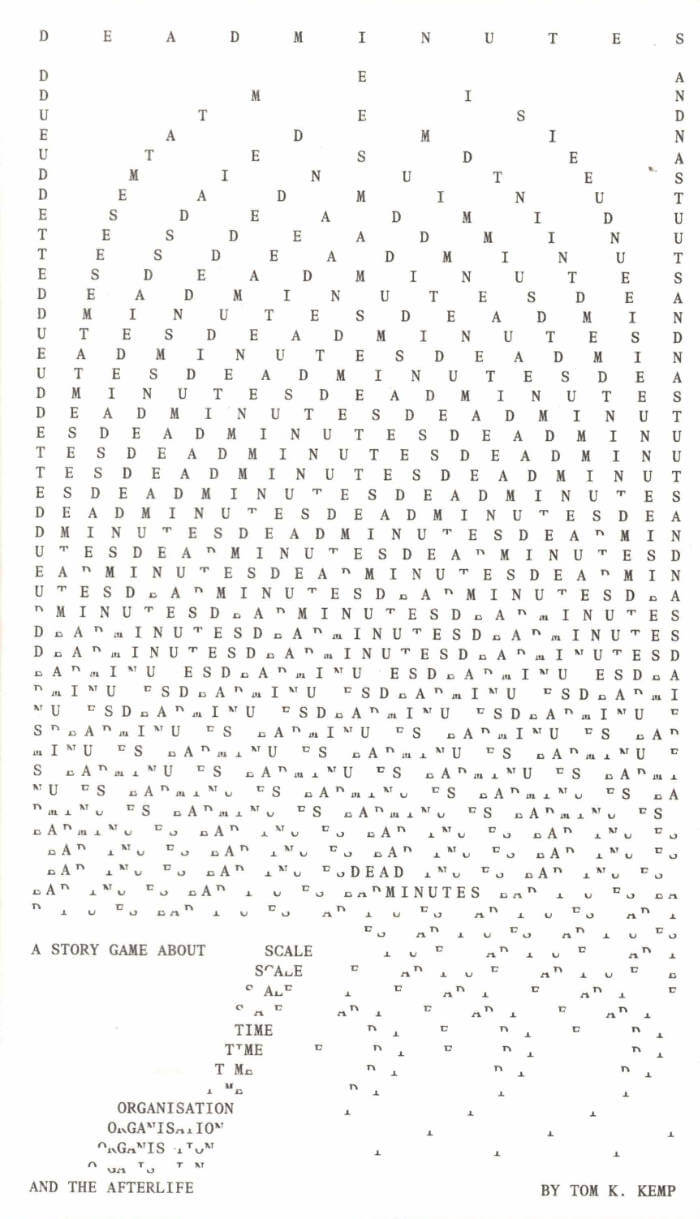
CHOREOGRAPHY / KOREOGRAFI (2021)
CHOREOGRAPHY/KOREOGRAFI is an anthology published in three editions, consisting of texts written by artists active within the field of dance and choreography in the Nordic countries.
With the anthology we wish to build a rich and complex understanding of what choreography is and can be. We approach choreography as its own field of knowledge, and try to reach out and contribute to a larger Nordic disciplinary community. Our ambition is to protect a space for reflection that we experience as threatened, that is to say the thinking from and around the artistic works and practices.
Each contribution is build around a specific issue requested by the editors and developed in dialogue with the contributors, there are independent texts as well as conversations and interviews. All texts exist in both Scandinavian and English versions. We have curated the texts we’ve been missing and the conversations we have dreamt of reading.
The anthology is edited and published independently by artists based in Oslo. The first edition was launched in May 2016 and edited by Solveig Styve Holte, Ann-Christin Kongsness and writer Runa Borch Skolseg. The second edition was launched in October 2018 and edited by Solveig Styve Holte, Ann-Christin Kongsness and Venke Marie Sortland. The third edition was launched in September 2021, and edited by Holte, Kongsness and Sortland as well, all three of us work as dancers, choreographers and writers. Helge Hjort Bentsen is behind the graphic design for the first and second edition, Kim Hiorthøy did the graphic design for the third edition.
The third and last edition of CHOREOGRAPHY consists of eight newly written texts. The anthology still has a Nordic focus, but this time we have decided to go deeper into certain issues, regardless of geographical context. In this edition we also have a stronger interdisciplinary focus, in addition to following up some threads from the two former editions; marginal perspectives with a base in feminist, queer and post-colonial traditions, form experiments that explore text as an extended choreographic practice, texts by and about and as collectives, how to make artistic research available and how the infrastructures that we depend on influences our artistic practices and vice versa.
The contributors for the third edition are Sigrid Øvreås Svendal, Ingri Midgard Fiksdal, Kristine, Tjøgersen, Chloe Chignell, Hanna Järvinen, Goro Tronsmo, Solveig Styve Holte, Roza Moshtaghi and Karen Eide Bøen.
CHOREOGRAPHY (2021) is supported by Arts Council Norway.







